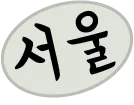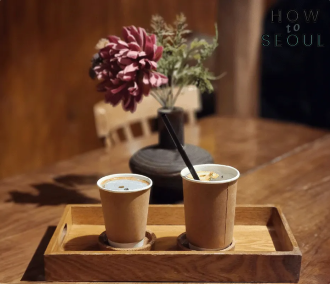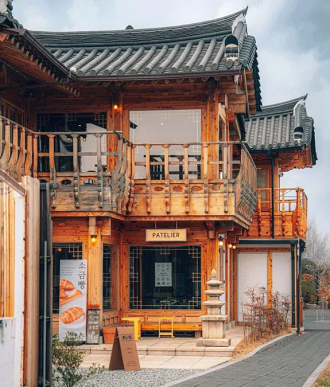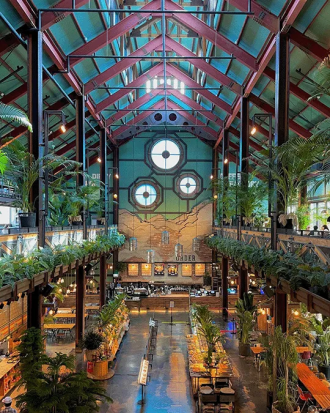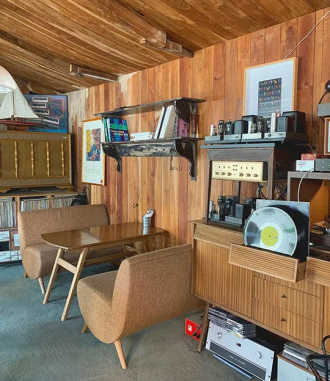Seoul's Sips: An Inside Look at Korean Cafe Culture
The growing number of cafes and the citizens' love for coffee in South Korea is a fascinating tale indeed. Koreans have mastered the art of savoring their brew. It's about the whole experience. Here, cafes are not just places for a caffeine fix; they're spaces to unwind, socialize, work, or even daydream. Each visit to a Korean cafe is like embarking on a mini-adventure, where you sip, chat, and soak in the ambiance.
The Humble Beginning
The first whiff of coffee arrived on the Korean peninsula during the late Joseon era, through foreign emissaries and traders. Yet, it wasn't until the late 20th century, after the rapid modernization post-Korean war, that coffee culture truly took off.
The initial wave of coffee culture was dominated by large multinational chains like Starbucks, which opened its first branch in Seoul in 1999. Their success lay in the seamless adaptation and localization of their global brand, aligning it with Korean culture. Another caffeine kick came from the domestic market's response - the rise of homegrown coffee chains like Twosome Place, Ediya Coffee, and other coffee shop chains with the uniquely Korean aesthetic they adopted.
Themed Experiences
Seoul's streets are dotted with unique, picture-perfect cafes. You've got themed cafes, traditional tea houses, pet cafes - you name it! Cafes that look like old libraries, others feel like a comfy grandmother's living room, and some even resemble a forest!
Indeed, the social media boom has played an integral role in the evolution of coffee culture in Korea. The rise of platforms like Instagram has shifted the café experience from taste to aesthetics, with the younger generation flocking to establishments with unique, photo-friendly decor. The 'Instagrammability' of a cafe is often as important, if not more so, as the quality of its coffee.
Yet, at the heart of the Korean cafe culture, coffee itself remains an object of deep fascination and respect. The country hosts some of the world's most prestigious barista championships and coffee expos, and the craft of coffee-making is considered an art form in itself. There's a surge of 'third wave' coffee shops, where the focus is on high-quality beans, precise brewing techniques, and an appreciation of coffee as a complex and varied beverage, similar to wine.
Dabang
A special mention must be made of 'dabang', the traditional Korean coffee houses that were popular in the 1970s and 80s. These establishments, often seen as the precursors to modern cafés, served as important social hubs where people would gather to discuss politics, art, and life. While the modern café scene has largely moved away from this model, a few dabangs remain, harking back to a simpler time and adding a nostalgic flavor to Korea's coffee culture.
Coffee Lifestyle
And yet, despite the nation's love for coffee and the seemingly endless number of cafes, the culture remains refreshingly diverse. From the high-end coffee houses in Cheongdam serving exotic brews to the humble vending machines dispensing coffee in a paper cup, there's a coffee for every palate and every pocket.
South Korea's coffee culture itself has a rich, frothy blend of history, innovation, and a steadfast love for the humble coffee bean. It's an immersive world, filled with charm, character, and caffeine, offering a unique lens to view and understand the vibrancy of modern Korean society. So, the next time you're in Korea, don't just visit a cafe. Experience it. And as the locals say, "Keopi hanjan haseyo!" - "Have a cup of coffee!" (커피 한잔 하세요!)
We will also have a series of posts to share some Instagrammable cafes that we love in Seoul! Join our mailing list.
